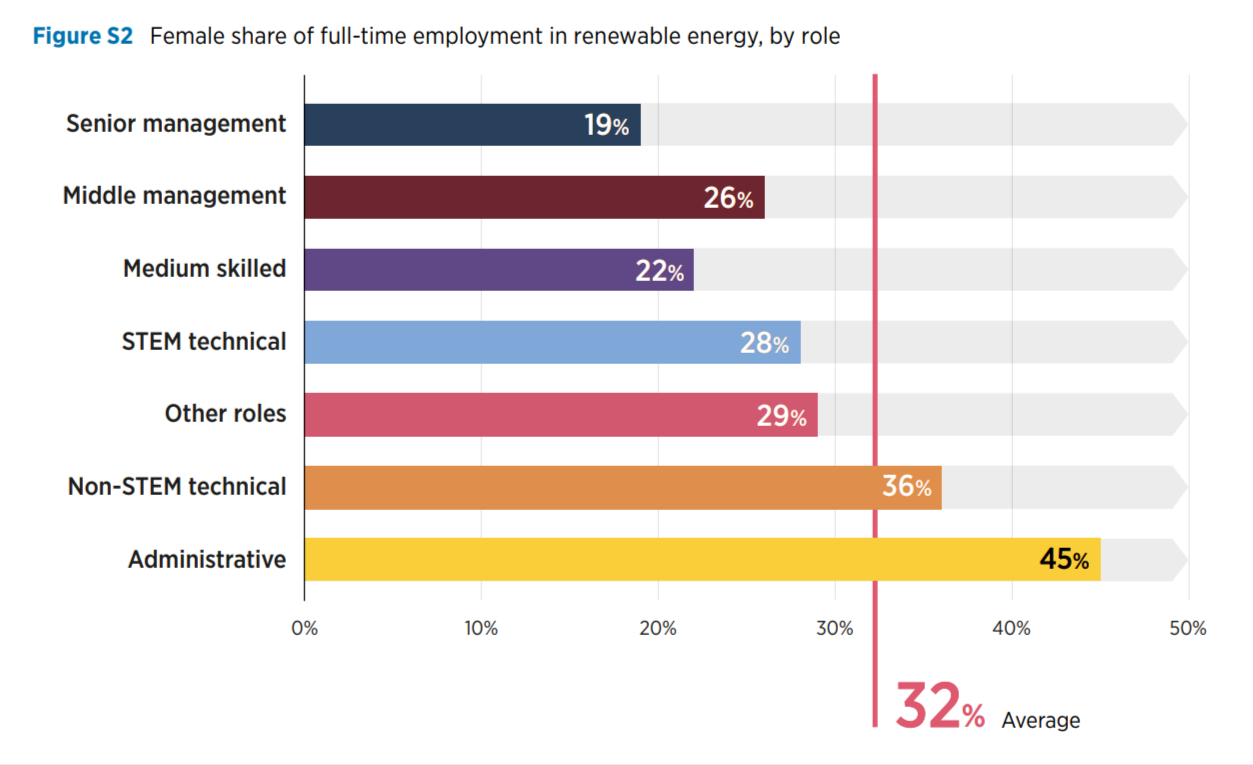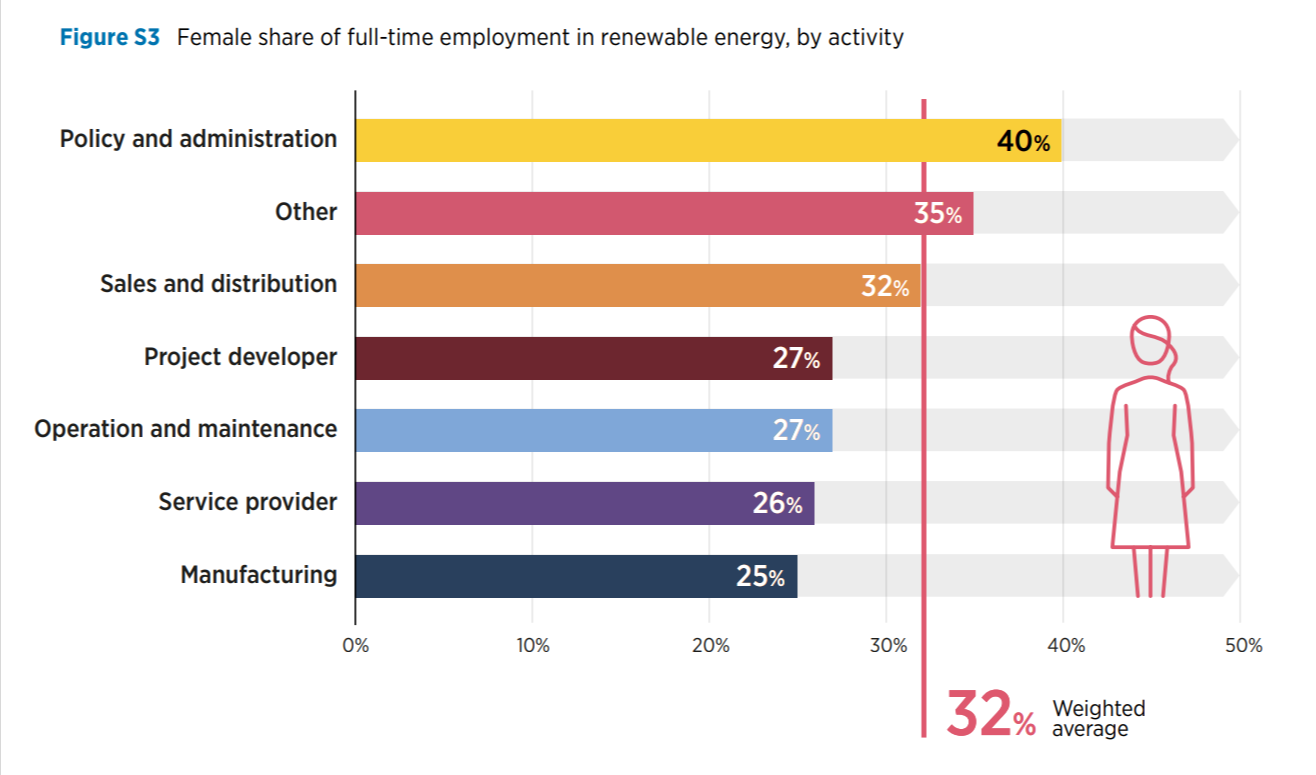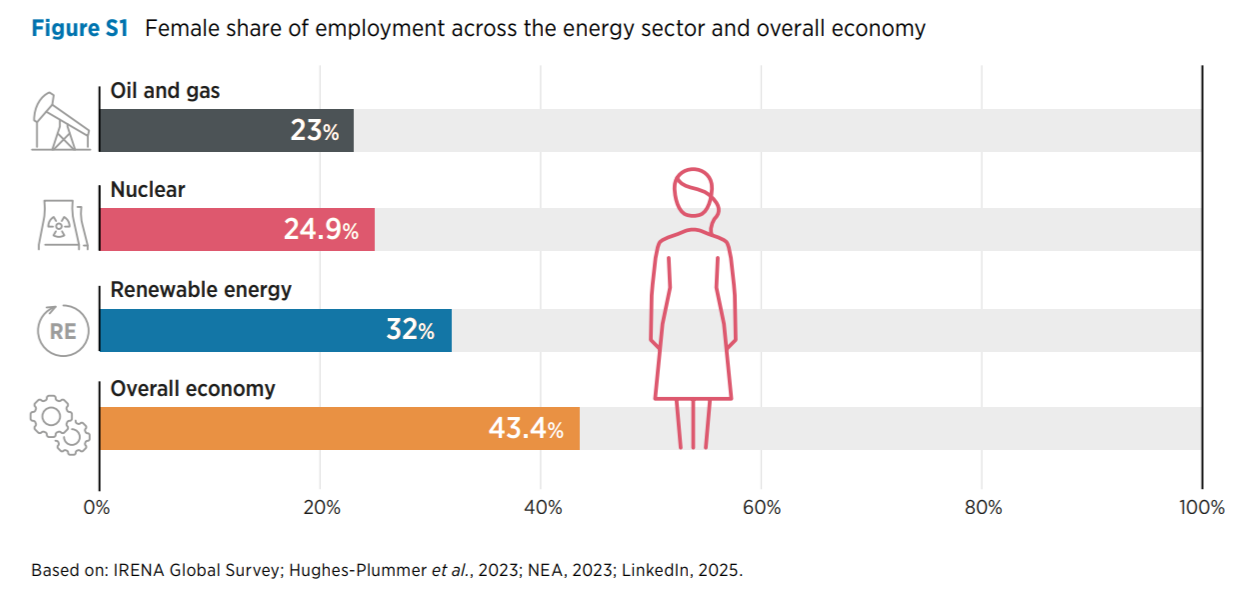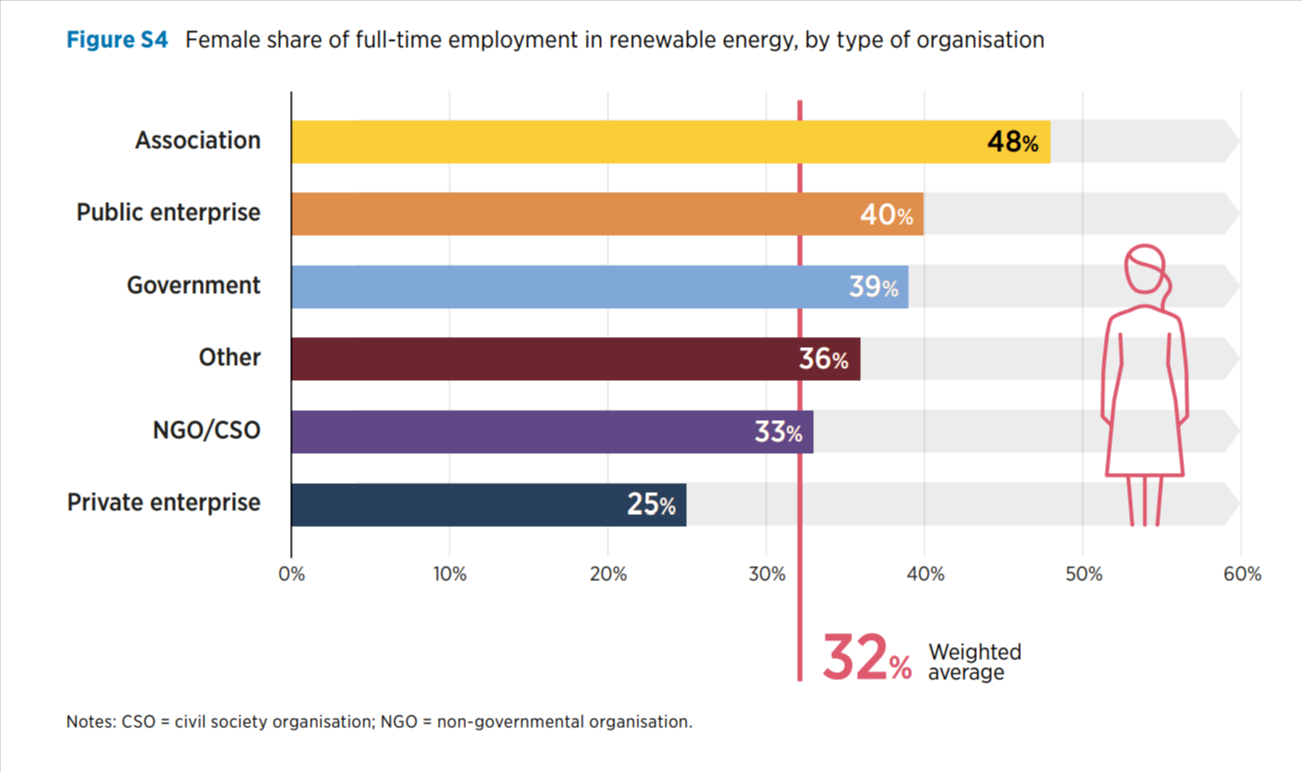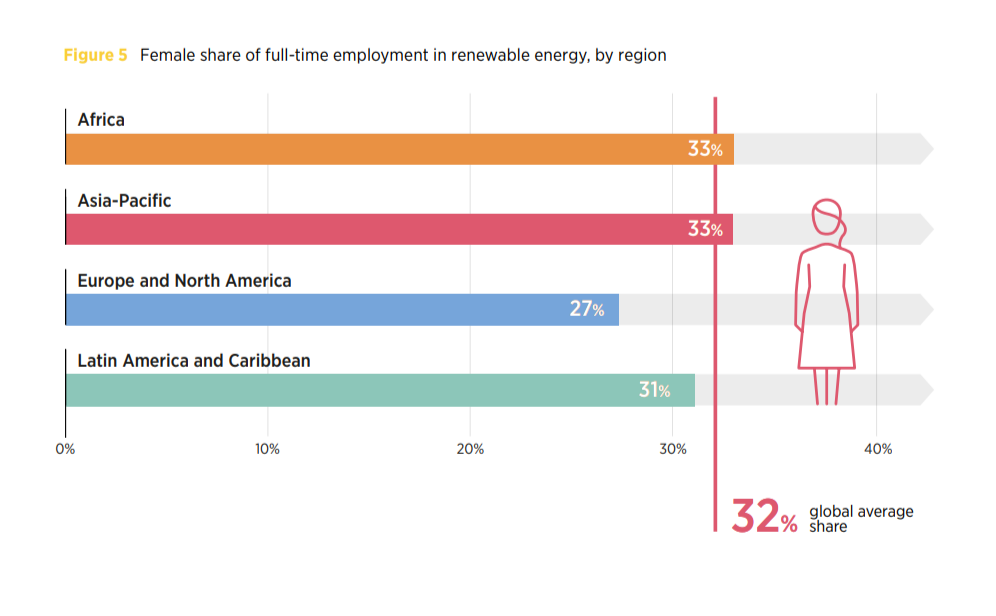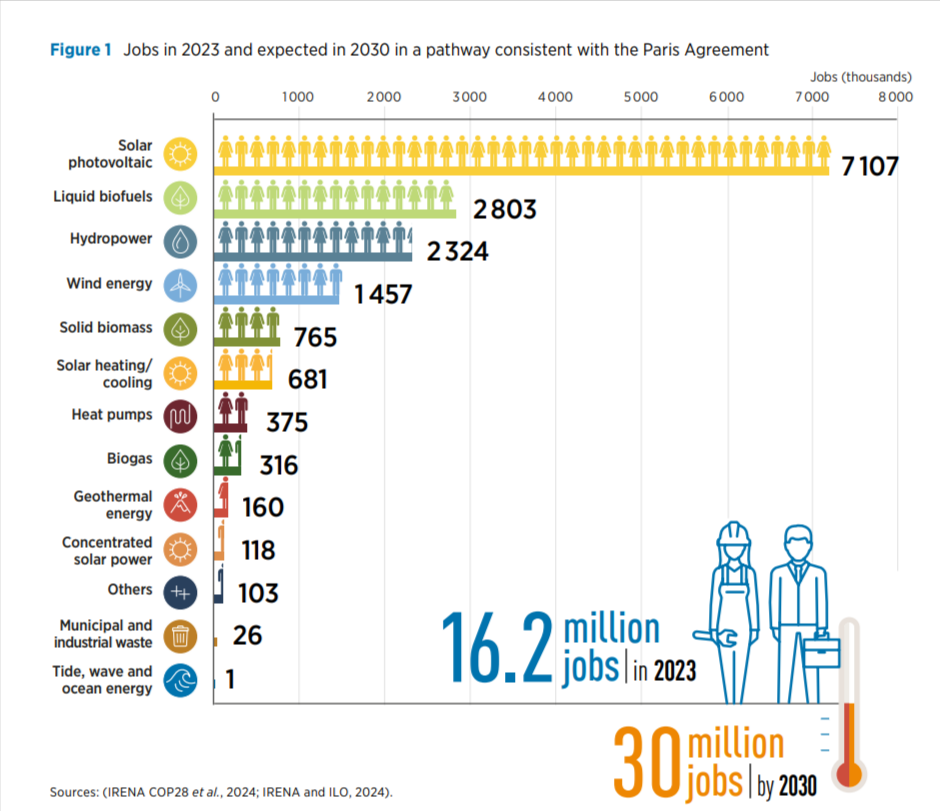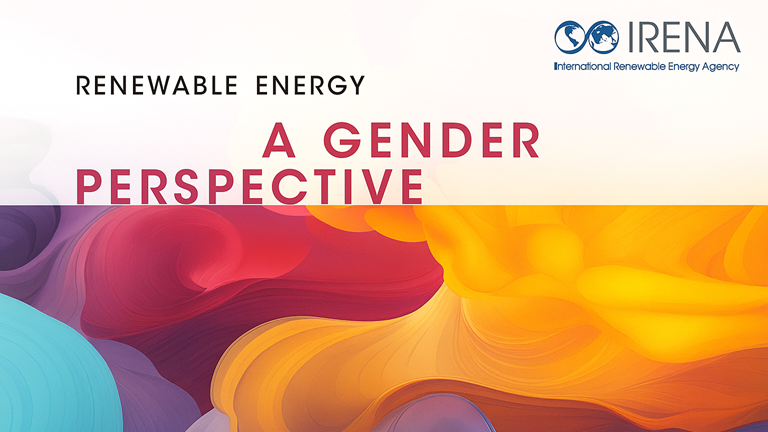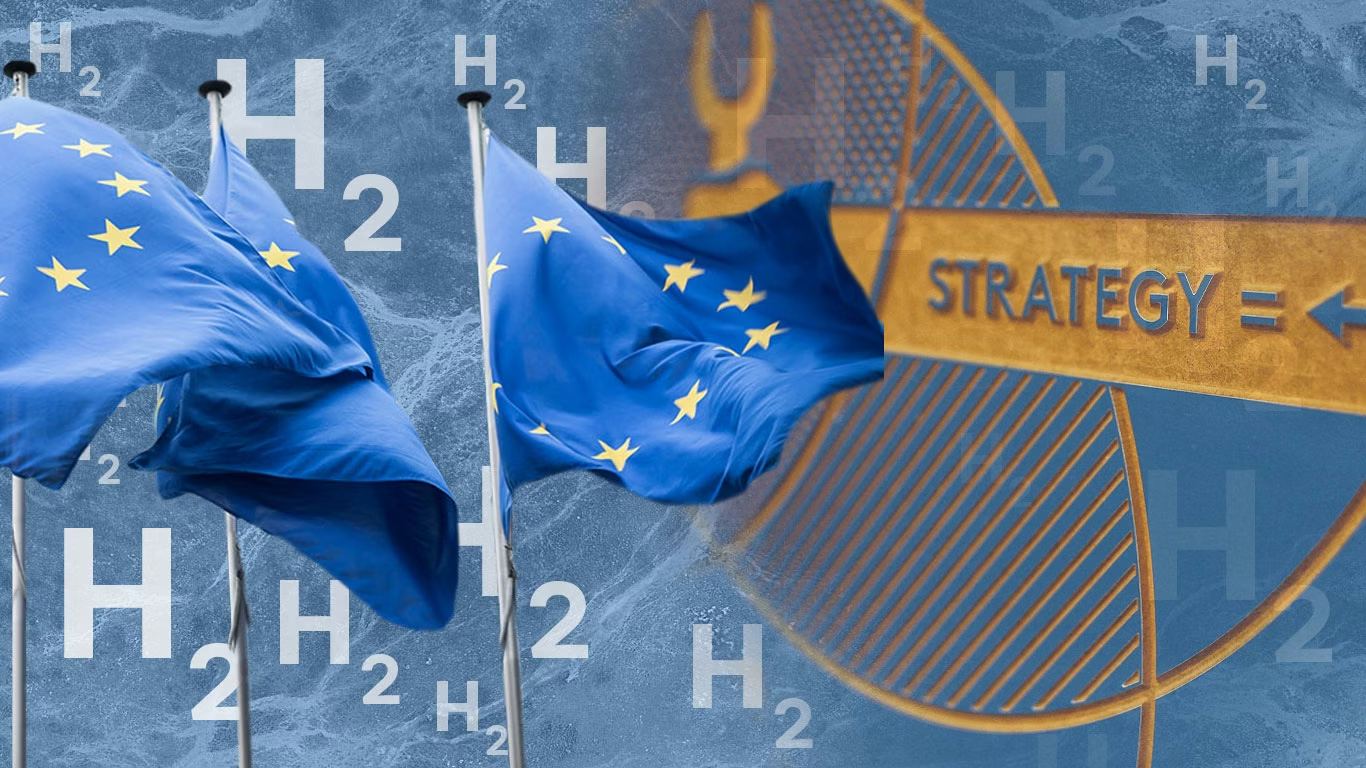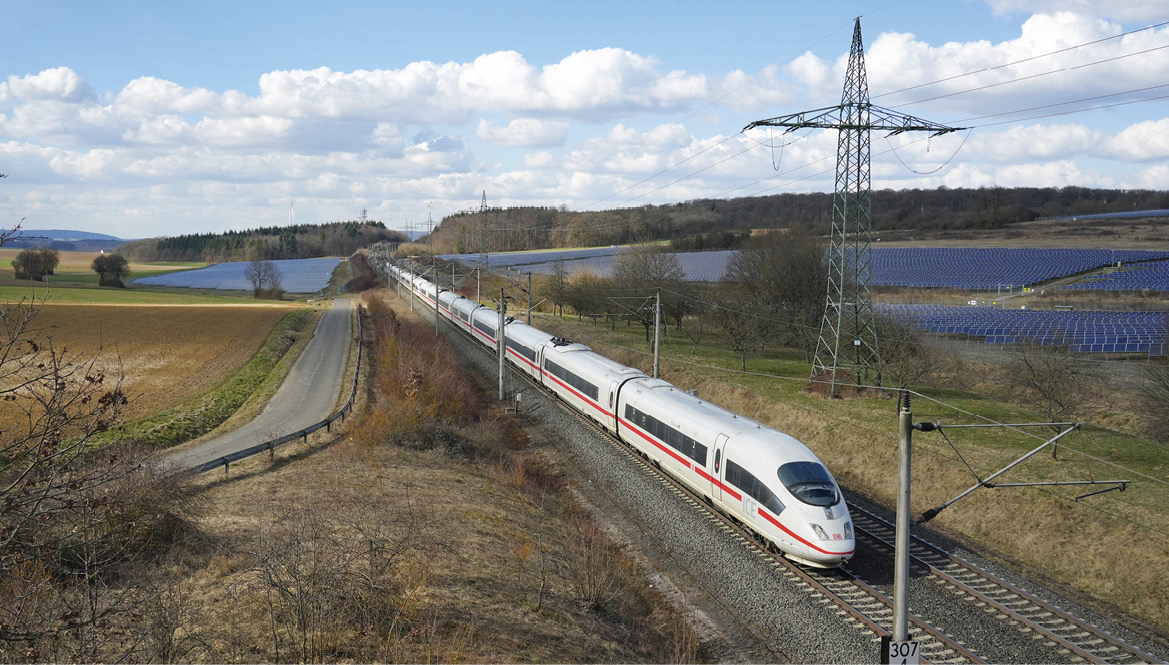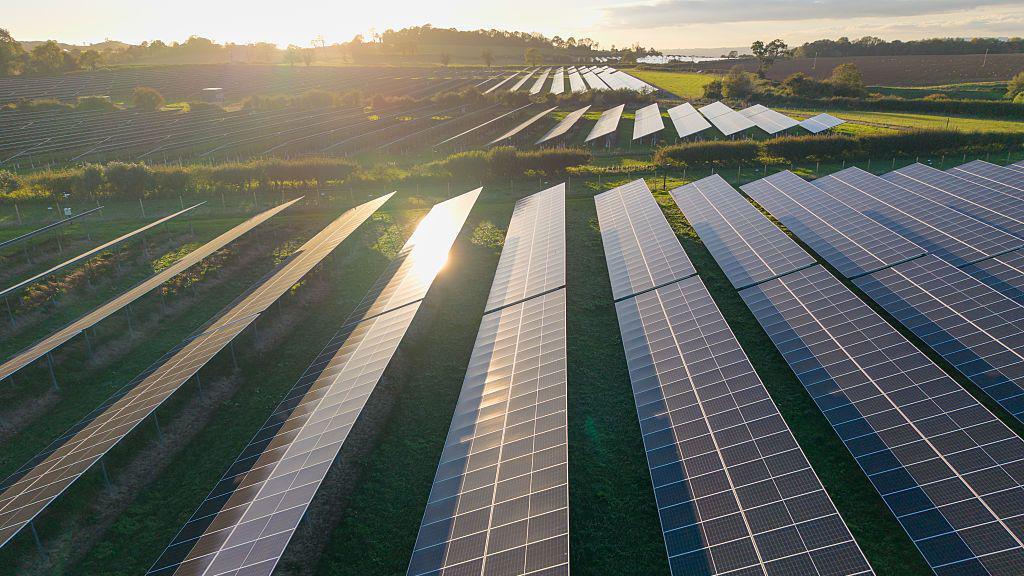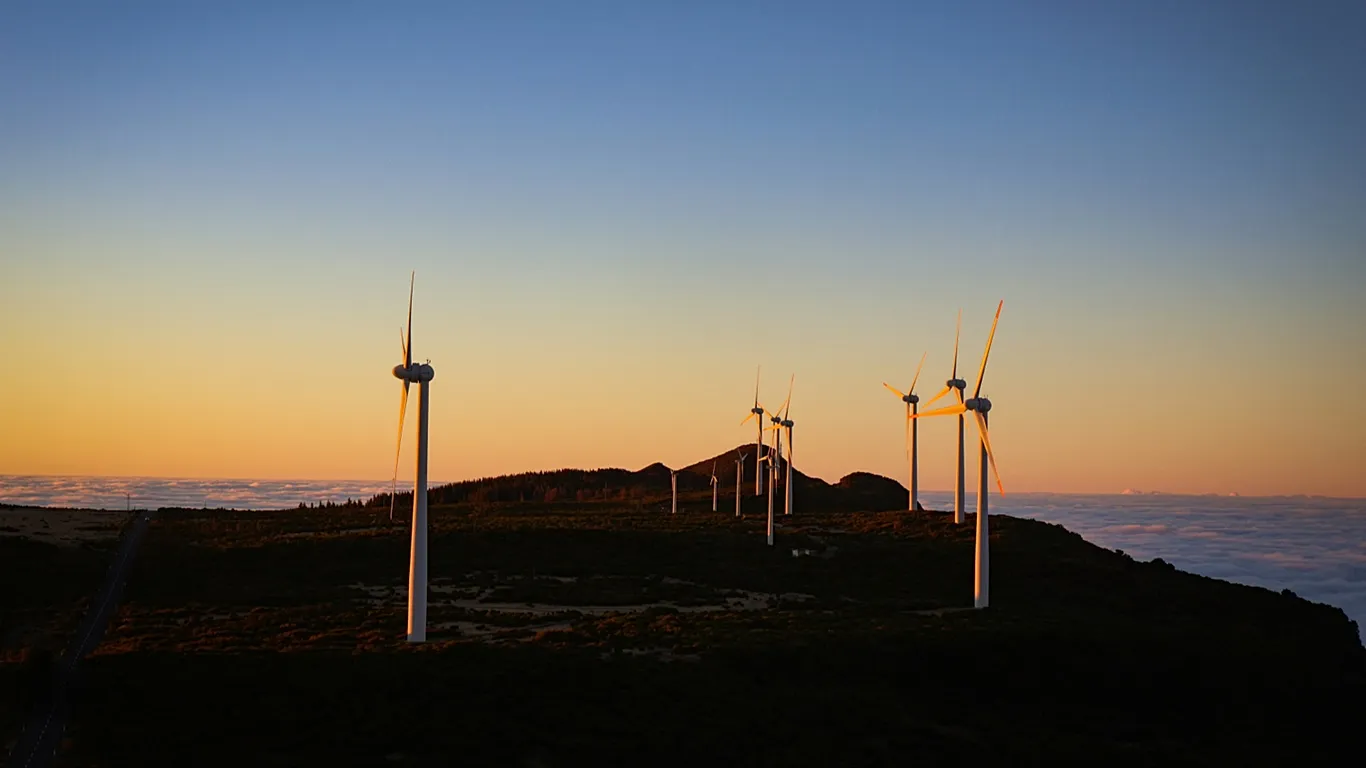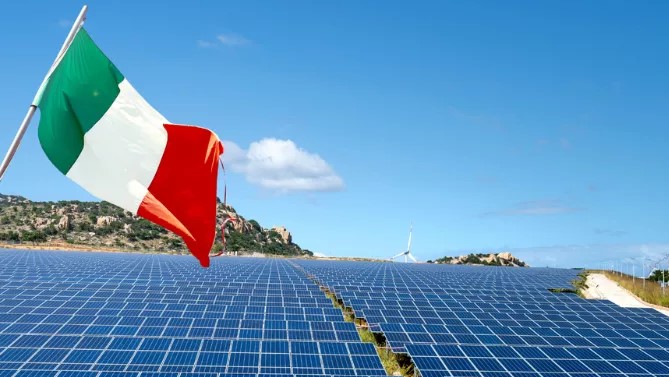Women make up 32% of full-time workers in the renewable energy sector, a new report from the International Renewable Energy Agency (IRENA) finds.
Although higher than in other energy industries, the share has not changed since IRENA's first gender analysis in 2019, showing that no meaningful progress has been made in women's representation.
Building on its earlier study, the second edition of Renewable Energy: A Gender Perspective offers the most comprehensive assessment yet of women's participation in the renewable energy workforce and the barriers they face.
The report calls for stronger action to close the gender gap, warning that without greater equality, the global energy transition risks being neither fair nor sustainable, and could face labor shortages and a lack of diverse perspectives.
The data show the widest gender gap in senior leadership, where women account for only 19% of positions.
Women are better represented in administrative roles, comprising 45% of the workforce, but their share drops to 28% in science, technology, engineering and mathematics (STEM) positions.
The lowest representation, at 22%, is in trades such as installers, machine operators, electricians and construction workers, roles typically requiring technical certifications or vocational training.
Commenting on the report IRENA Director-General Francesco La Camera said that advancing gender equality in the renewable energy sector depends on robust data, targeted policy interventions and active collaboration of all stakeholders.
"Our analysis fills a critical knowledge gap. Unfortunately, despite performing better than fossil fuel industries, little progress has been made," he said and added that the sector still has a lot of work to do.
He noted that women need to be recognized as equal partners and leaders in shaping the renewables-based future in order to realize the full potential of the energy transition.
